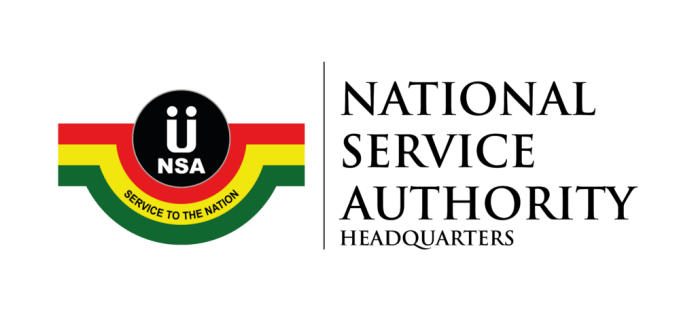Auditor-General Uncovers GHS 1.01bn in Illegal Payments to Former National Service Personnel
A damning forensic audit by the Auditor-General has uncovered massive financial irregularities at the National Service Authority (NSA), revealing that over GH¢1.01 billion was illegally disbursed to National Service Personnel (NSPs) who continued receiving allowances beyond the legally mandated 12-month service period.
The audit, which reviewed payroll records between 2018 and 2024, found that 120,777 former service personnel were paid stipends exceeding the statutory 13-month limit, which includes the one-time travel and transport (T&T) allowance granted at the end of service.
Shockingly, the report indicated that some individuals continued to receive monthly payments for several years after completing their service.
“Our audit analysis of payroll data revealed widespread anomalies, where some National Service Personnel were paid well beyond the statutory 13-month maximum, with payments spanning multiple years,” the report stated.
The findings, contained in the Technical and Forensic Audit Report presented to Parliament on October 1, 2025, contravene the National Service Act, 1980 (Act 426), which mandates a one-year service for all eligible Ghanaians aged 18 and above.
Systemic Payroll Failures
The Auditor-General attributed the irregular payments to systemic lapses in payroll management, data validation, and post-service verification at the Authority.
According to the report, the NSA lacked effective internal controls to automatically halt payments once personnel completed their service, creating loopholes for continued disbursements.
In some cases, ghost names and duplicate service entries were detected, while other records were manually altered by staff to extend payment periods or reinsert names of past personnel under new service numbers.
The audit further uncovered additional financial irregularities amounting to GH¢2.45 billion, involving payments to vendors without valid contracts, unverified procurement transactions, and missing documentation for goods and services purportedly supplied to the Authority.
“The audit findings point to gross inefficiency, lack of oversight, and disregard for statutory financial procedures. The magnitude of these irregularities demonstrates a failure of accountability within the management structure of the National Service Authority,” the report noted.
Recommendations and Parliamentary Reaction
The Auditor-General has recommended that:
All overpaid amounts be recovered from affected individuals through the Office of the Attorney-General and the Economic and Organised Crime Office (EOCO).
The Chief Executive and Director of Finance of the NSA during the audit period be held personally accountable for the irregularities.
A biometric payroll audit system be introduced to prevent future anomalies.
A criminal investigation be launched to identify officials who facilitated or benefited from the illegal payments.
Members of Parliament have since expressed outrage over the findings, describing the situation as an “outrageous betrayal of public trust.” The Public Accounts Committee (PAC) is expected to summon senior NSA officials for questioning in the coming days.
Public Outcry and Governance Implications
The revelation comes at a time of heightened concern over corruption and wastage in public institutions, amid fiscal constraints and rising youth unemployment.
Governance analysts warn that the scandal could erode public confidence in the National Service Scheme — a programme originally established to promote discipline, patriotism, and civic responsibility among Ghanaian youth.
“This audit exposes how a laudable national programme has been turned into a cash cow for corrupt officials and unscrupulous beneficiaries,” said one governance expert. “It’s time for a total overhaul.”








